Apple Finally Opens iPhone NFC for Use as Access Cards, Tickets, Badges, and More
For a long time, the NFC (Near Field Communication) functionality on iPhones was limited to Apple's own Apple Pay for contactless payments. This exclusivity led to numerous complaints in the European Union, culminating in Apple deciding to open up NFC to EU financial institutions and banks under the pressure of the EU Digital Markets Act to address monopoly concerns with Apple Pay.
However, Apple seems to have taken the stance that if it's opening NFC in the EU, it might as well do so in other regions too. Today, Apple announced that the NFC chip on the iPhone will be made available to most markets, with the first batch including Australia, Brazil, Canada, Japan, New Zealand, the UK, and the USA.
With the opening of the NFC chip, its usage extends beyond electronic payments. The iPhone can integrate various electronic ticketing data, functioning as car keys, student IDs, access cards, event tickets, employee badges, transit tickets, hotel keys, and more.
These functionalities will be available to developers with the iOS 18.1 update:
Starting with iOS 18.1, developers will be able to offer NFC contactless transactions in their own apps on the iPhone using the Secure Element (SE), independent of Apple Pay and Apple Wallet.
With the new NFC and SE Secure Element API, developers can provide in-app contactless transactions for in-store payments, car keys, closed-loop transit, company access cards, student IDs, home keys, hotel keys, merchant membership cards, reward cards, and event tickets. Future support for government IDs is expected.
Users will have the option to set third-party apps as the default for contactless transactions in iPhone settings, bypassing Apple Wallet.
Developers interested in applying for the NFC and SE API must sign a specific commercial agreement and pay related fees to Apple, though the exact fee details are not disclosed yet.
Ultimately, this feature is expected to be supported in most global markets, with third-party developers possibly launching apps that can bind multiple cards, making usage more convenient.
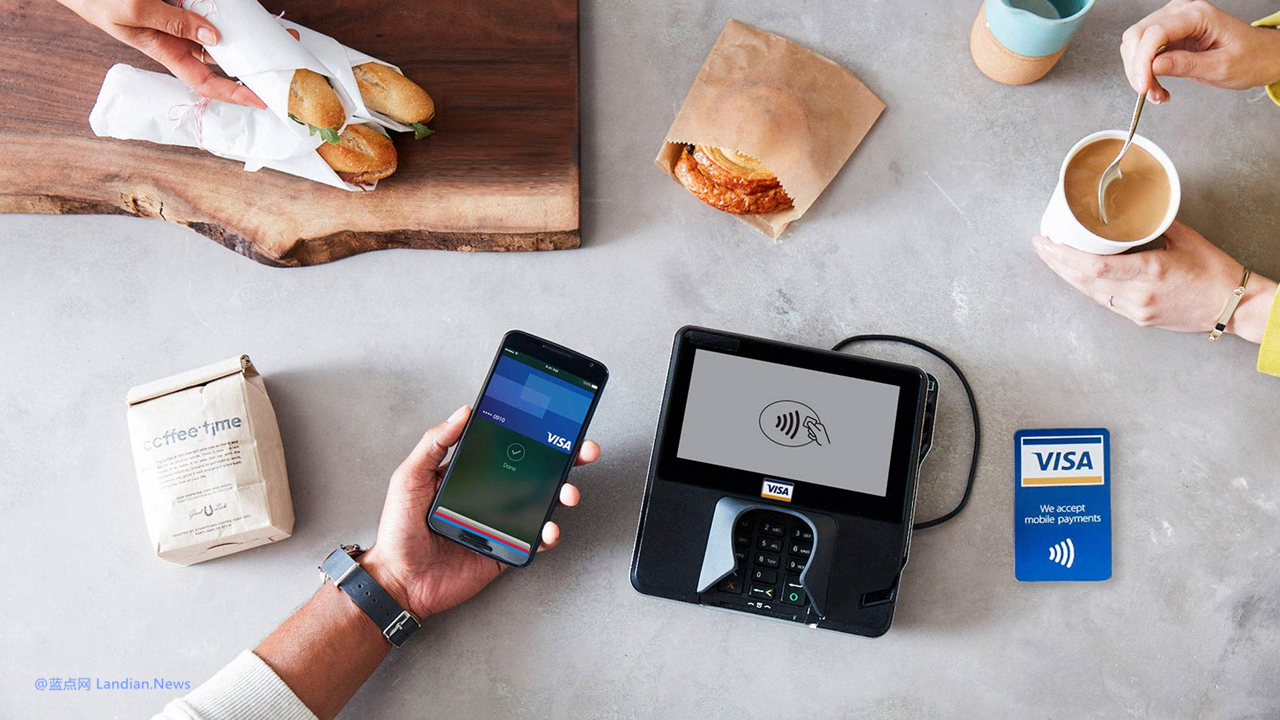
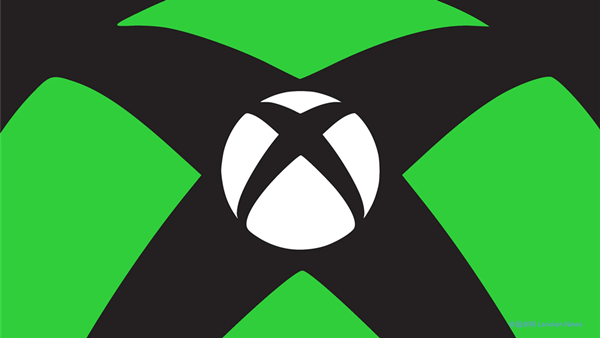
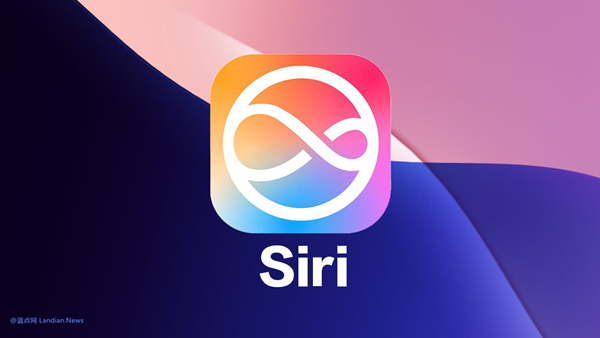
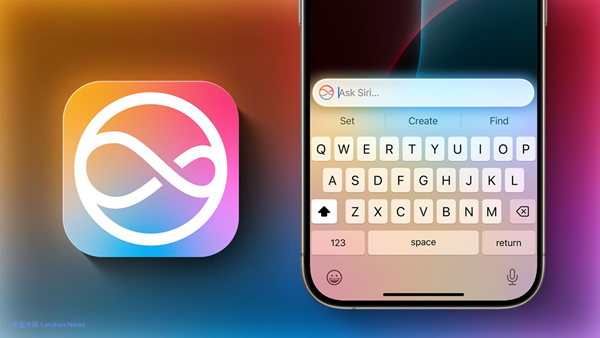
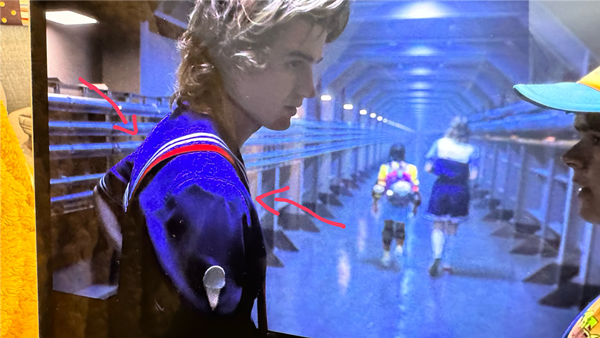
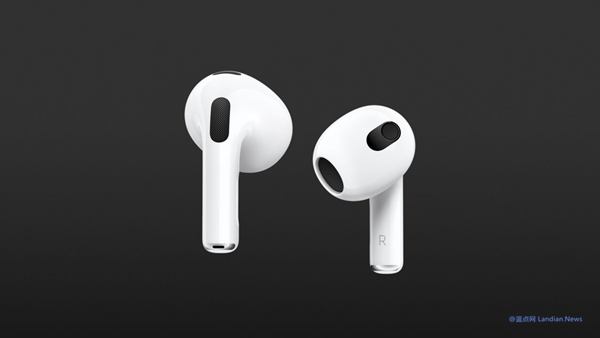
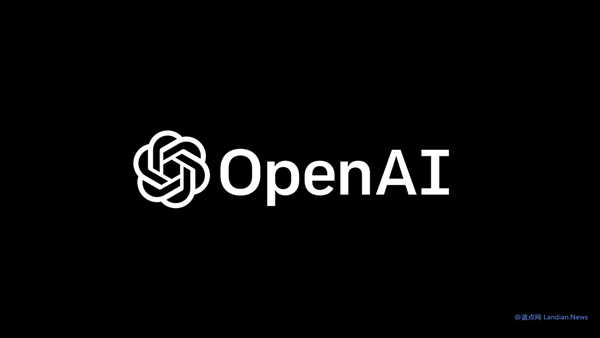
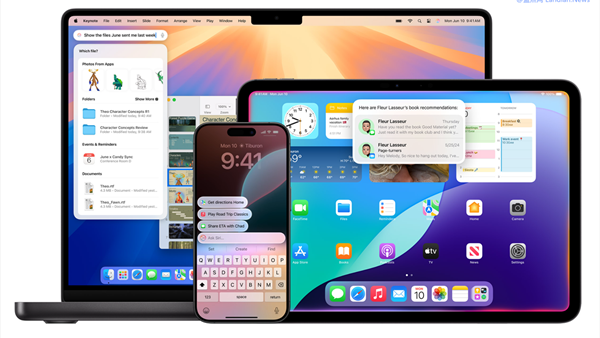
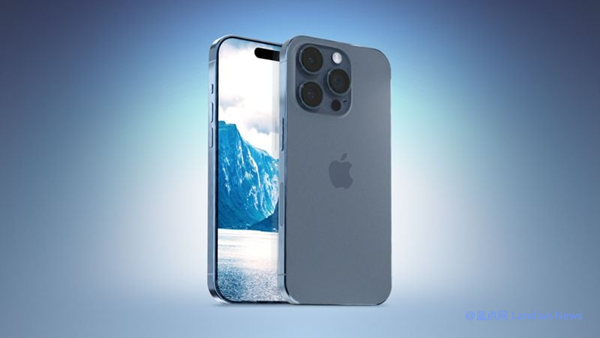
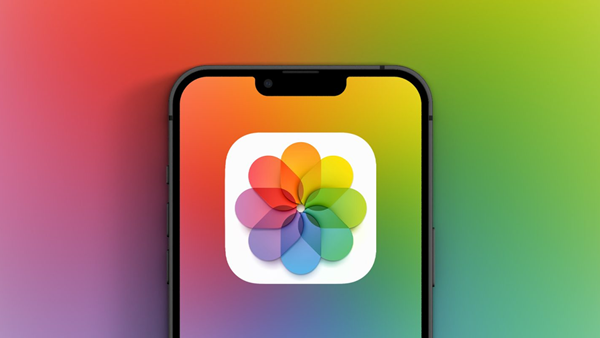
![[Tutorial] Quick Solutions for iPhone Not Charging Due to Water in Charging Port (Liquid Detected in Lightning Connector)](https://img.lancdn.co/news/2024/06/2607T.png)